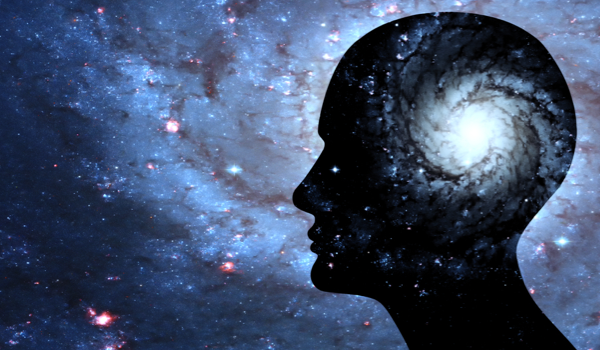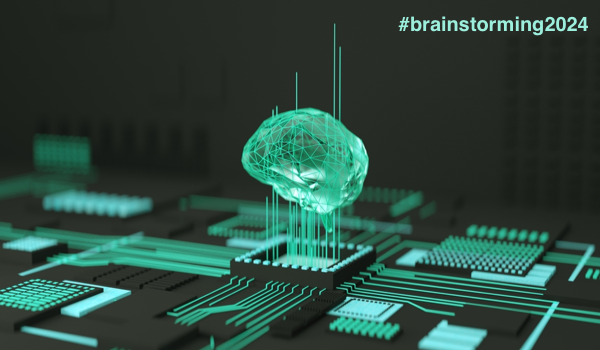


SHANGHAI - Our ancestors went in fear of disease and the unknown wind, rain, and lightning because they did not know what state succeeded death, which these forebears also feared. Therefore, our progenitors consigned their own lives and their understanding thereof to the existence of higher powers, hoping to ease their senseless fear by surrendering some of their cognition and power to establish a channel for dialog with unknown forces.
The wheels of history are rolling forward, and high-level interlocutors are pushing human civilization to try to catch up with the pace of the real world, but the role of these interlocutors is not settled and is ever-shifting.
Someone coined the metaphor: "Going from Shaman to wizard is like going from Pythagoras to Newton, from Faraday to Maxwell."
The existence of wizards who pose as high-level interlocutors is usually very mysterious. Their incantations and spells are generally simple and primitive but contain immeasurable power. Wizards never claim to be gods; they imitate wind, rain, thunder and lightning, mimicking demons, and ghosts, but never believe they wield the power to kill. They do not even think they have the power to control nature. All they can do is commune with nature, to assuage nature's anger, or to offer up sacrifices in exchange for survival and peace. In the mouths of wizards and high priests, the gods on Mount Olympus, or Pangu and Nyuwa from Eastern creation mythology, have become deities in charge of natural phenomena. Humans no longer try to talk to and communicate with nature, but to appease these gods instead. They hope thereby to establish a stable and adaptable subordinate relationship. The power relationship between control and being controlled had already become deeply embedded in the logic of myth by this time.
The miracles of shamans achieved a basic explanation of natural phenomena and fixed a belief discourse system able to be explained i
The content herein is subject to copyright by The Yuan. All rights reserved. The content of the services is owned or licensed to The Yuan. Such content from The Yuan may be shared and reprinted but must clearly identify The Yuan as its original source. Content from a third-party copyright holder identified in the copyright notice contained in such third party’s content appearing in The Yuan must likewise be clearly labeled as such. Continue with Linkedin
Continue with Linkedin
 Continue with Google
Continue with Google







 1987 views
1987 views











2023-11-30